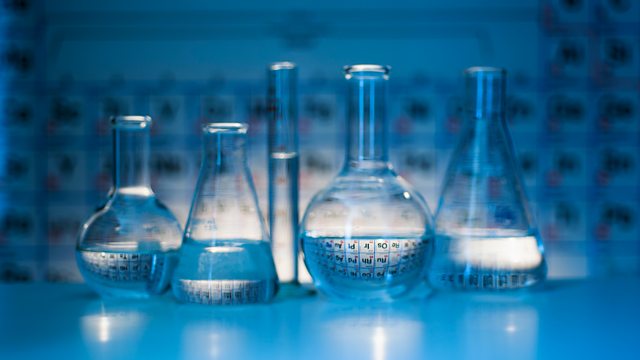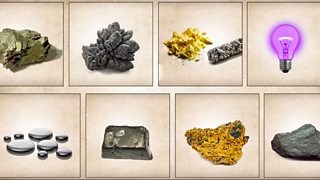Oxygen: The Breath of Life
Oxygen appeared on earth over 2 billion years ago, and life took off. Now it makes up just over a fifth of the air. Trevor Cox tells the story of oxygen on earth and in space.
Oxygen appeared on earth over 2 billion years ago and life took off. Now it makes up just over a fifth of the air. Trevor Cox, Professor of Acoustic Engineering at the University of Salford, tells the story of oxygen on earth and in space.
Historian of science, Dr James Sumner of Manchester University describes how three scientists in the late 18th century contributed to the discovery of oxygen.
Tim Lenton, Professor of Earth Systems Science at the University of Exeter, talks about his recent research into the Great Oxidation Event that eventually led to oxygen in the atmosphere.
Ozone is three atoms of oxygen, and when it is in the stratosphere it stops harmful UVB rays from the sun reaching us. Manchester University has one of the world's ozone and UV monitoring stations, and Dr Andy Smedley took Trevor to see it. Professor Ann Webb tells Trevor about research into ozone at different levels of the atmosphere.
If we are ever to leave the earth we will need to find a way to generate enough oxygen to keep us alive. Doug Millard, space curator at the Science Museum, explains how astronauts on the space station get their oxygen.
As an acoustic engineer Trevor has explored sounds in many locations on earth. The amount of oxygen in the atmosphere affects what we hear. You know what a lungful of helium does to our voices. Trevor talks to fellow acoustician Tim Leighton, Professor of Ultrasonics and Underwater Acoustics at the University of Southampton, who has modelled sounds on other planets, where the atmosphere is made up of different gases.


